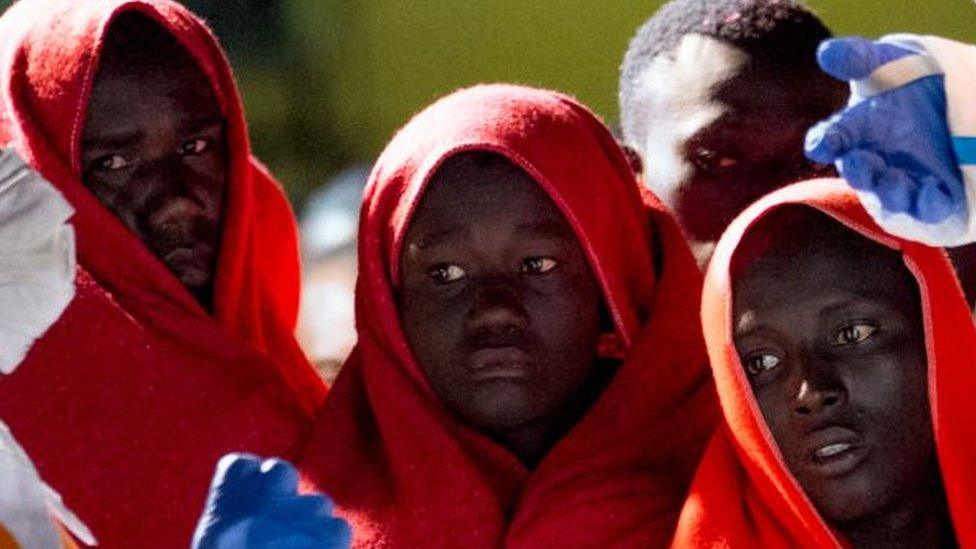Is Africa going backwards on democracy?
- Published
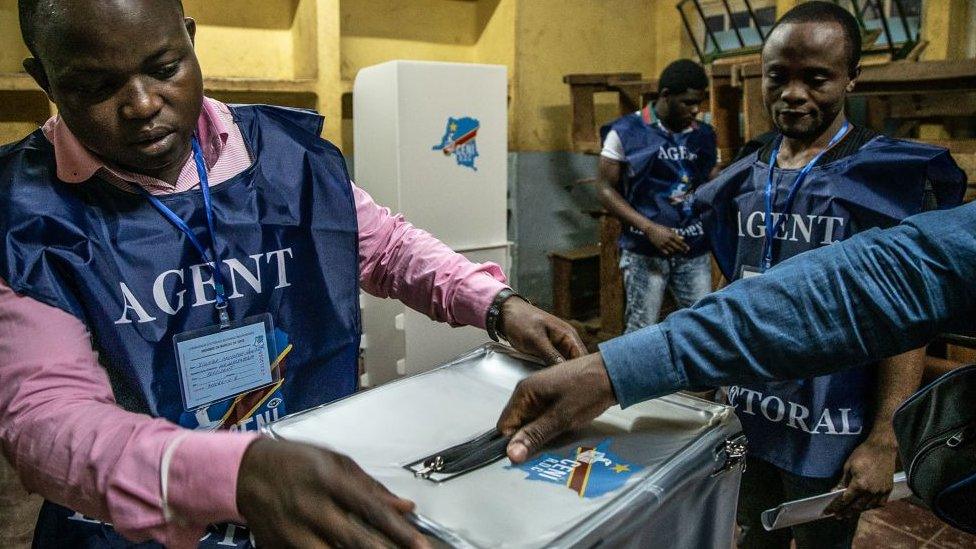
The recent election in DR Congo was widely condemned
More and more elections are being held in Africa however analysts dismiss many as being "lawful but illegitimate". Although studies show that a majority of Africans still want to live in democracies, an increasing number are looking to alternative, autocratic models, reports the BBC's Dickens Olewe.
In the last three years African countries have registered an overall decline in the quality of political participation and rule of law, analysts say.
"Today there are almost the same number of defective democracies (15) as there are hard-line autocracies (16), among the continent's 54 states," Nic Cheeseman, Professor of Democracy at Birmingham University, concludes from his analysis, external of the last three years.
Nigeria, which will hold its postponed election on Saturday, is among those listed as a "defective democracy".
Despite the challenges, at least 68% of Africans prefer to live in open and freer societies, according to a recent poll conducted by Afrobarometer, external in 34 countries.
That figure, however, is down slightly from 72% in 2012.
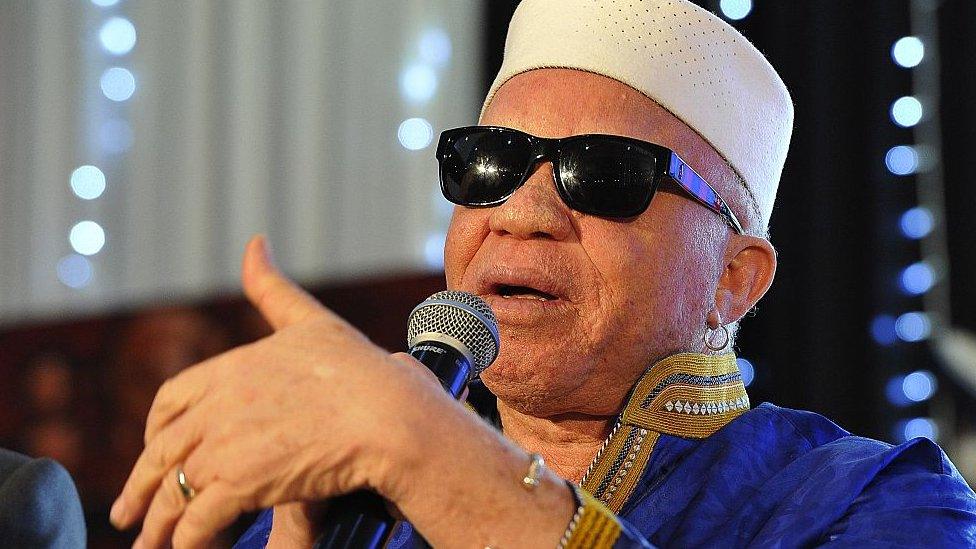
Music legend Salif Keita says democracy has failed in Africa
"[Africans] just want more dividends from democracy. They want less corruption, more transparency, less impunity, more economic opportunity," Emmanuel Gyimah-Boadi, executive director and co-founder of Afrobarometer, says.
"It is in the interest of external partners to push for and to support this quest - lest non-liberal democratic models of national development become more alluring," he adds.
Malian music legend Salif Keita has, however, given up on democracy. He recently suggested that the continent needs a "benevolent dictator like China".
"To have a democracy, people have to understand democracy, and how can people understand when 85% of the people in the country cannot read or write," he asks.
'I love Trump'
The US, which has traditionally been a major influence in promoting democracy in Africa, has had a seemingly hands-off approach since President Donald Trump came to office in 2017.
When his administration's long-delayed policy on Africa was finally unveiled at the close of 2018, many observers of the continent were quick to point out that it did not include the favoured American staples: promotion of democracy, free and fair elections, political and civil rights.
These elements were key policy components of previous administrations.
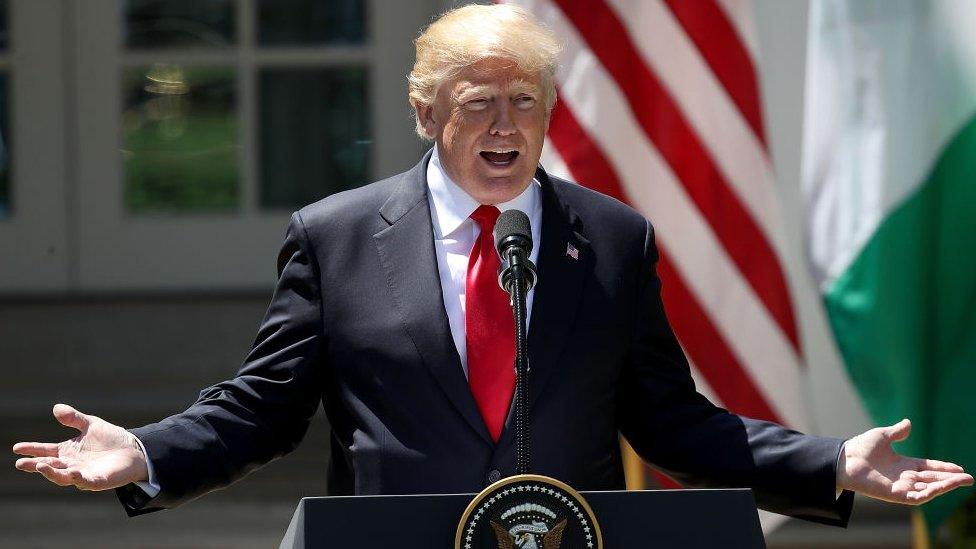
Donald Trump's Africa policy does not include plans to champion democracy
The policy instead focused on the war on terror, slashing spending on the United Nations missions on the continent, and lambasting the activities of Russia and China.
"If [African leaders] see leaders like Trump. who seems very happy to shake hands with autocrats, it gives them the signal that they can manipulate elections and not face consequences," Mr Cheeseman says.
Uganda's President Yoweri Museveni, who plans to run for a sixth term in 2021, has been notably effusive in his praise of the American president, once declaring, "I love Trump," who he described as the best president the US has had.

You may be interested in:

In 1991, Benin and Zambia became the first former one-party states to hold multiparty elections in Africa - which were won by opposition parties - kicking off a decade of democratic gains on the continent after the end of the Cold War.
Almost 30 years later, the West African country is rated as one of just nine "free" countries out of the 54 on the continent, while Zambia has regressed to being "partly free", according to the 2019 Freedom House report, external.
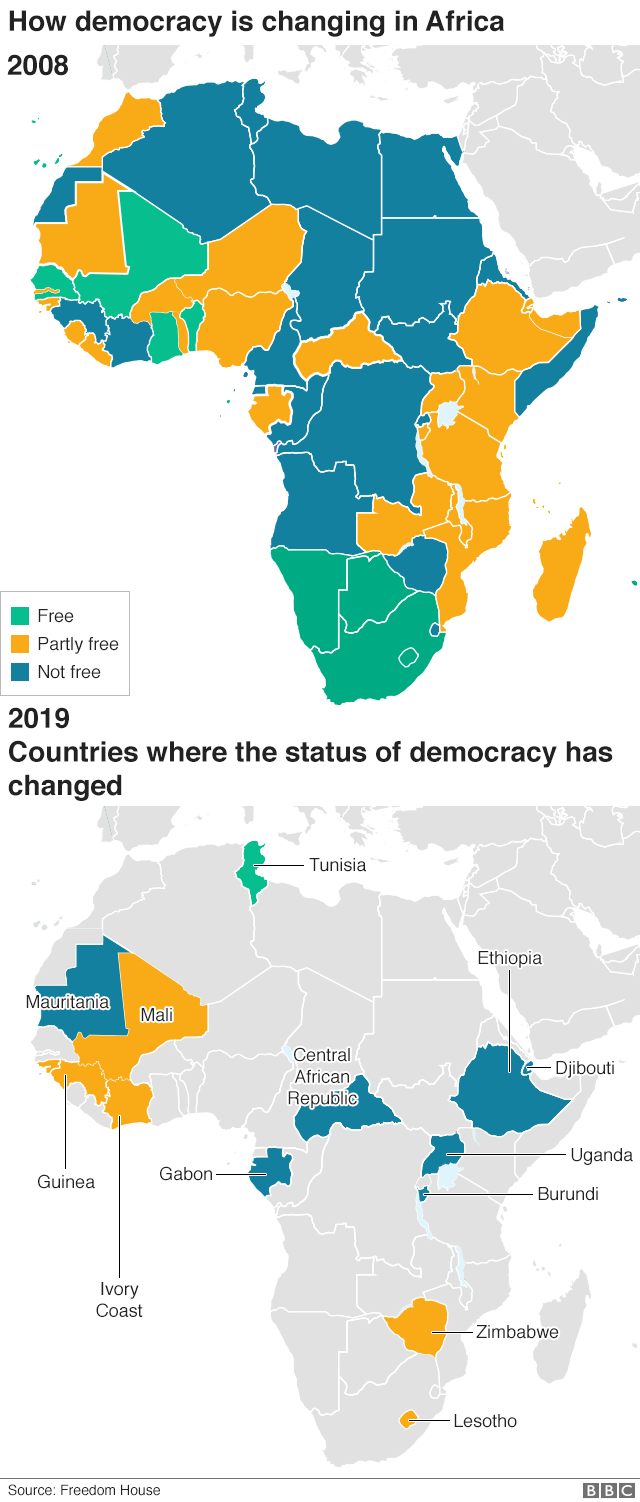

The number of free countries remains the same as a decade ago.
Seven countries - Senegal, Ghana, Benin, Namibia, Botswana, South Africa and Mauritius - have maintained their positions. Tunisia has improved from "partly free", while Mali and Lesotho have moved in the opposite direction.
Angola and Ethiopia, though listed as "not free", are noted to have made "surprising improvements" after new leaders came into office in the past year.
Technology and elections
Political transition through regular elections is among the criteria for judging whether a country is a democracy or not.
Some countries have even adopted technology to make the polls credible and accountable but in most cases this has done little to dispel concerns.
"Many African countries are trying to use technology to manufacture trust in elections and that's not going to work," Nanjala Nyabola, author of Digital Democracy, Analogue Politics, told the BBC.
She gave the example of Kenya's 2017 elections which, despite the use of biometric technology to verify voters as way of eliminating ghost voters and ballot stuffing, and also using an electronic results transmission system, failed to win voters' confidence.
"Another problem is that we have countries conducting elections that are legal but are illegitimate," Godwin Murunga from the University of Nairobi, told the BBC.
"There's this notion that democracy in Africa should have different standards," he adds, pointing at the international community's acceptance of the recent elections in the Democratic Republic of Congo.
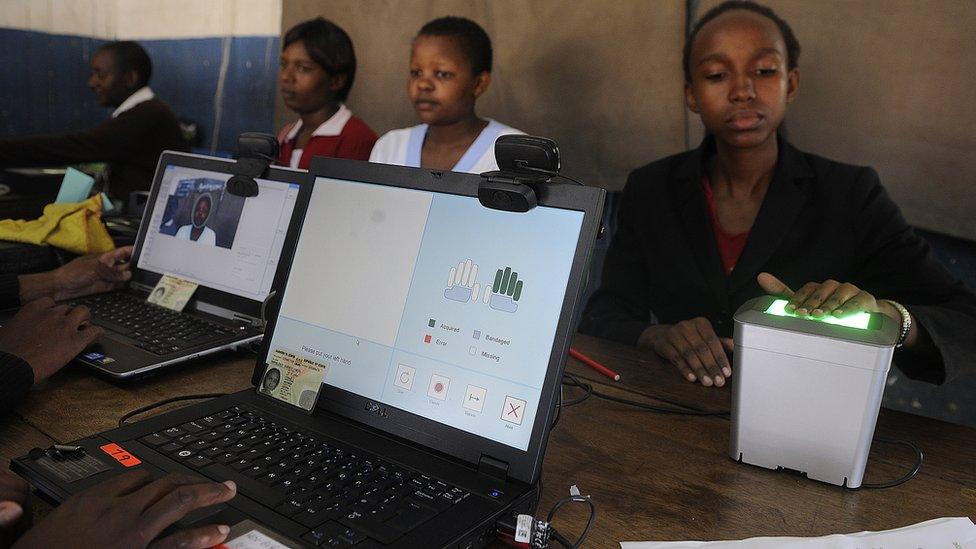
Several countries have been using technology in elections to make them credible
Former DR Congo President Joseph Kabila oversaw one of the most controversial elections on the continent. An outright fraud, some have called it.
Martin Fayulu, who came second in the presidential election, still disputes Felix Tshisekedi's victory.
"It was a coup d'etat," he told the BBC.
He says, with the backing of the influential Catholic Church - which said it had 40,000 electoral monitors - that he won the election.
Mr Fayulu has since appealed to the African Union to set up a commission to recount the votes cast on 30 December or call for a repeat election in six months.
"We have to respect the will of the Congolese. Democracy has to be the same everywhere," he told the BBC.
Rwandan model?
His call is backed by Sudanese billionaire Mo Ibrahim, founder of the Ibrahim Index of African Governance, and Alan Doss, president of the Kofi Annan Foundation, who in a joint article said that Mr Tshisekedi's election lacks genuine legitimacy and risks repeated challenges to its authority. , external
They also accused the international community, including the US, of failing the Congolese people in the "name of stability" of the country and called on the publication of detailed results for both the presidential and parliamentary elections.
This year, some 15 countries are set to hold elections at different levels, but the credibility of these polls is likely to again conjure up questions about whether democracy is working for Africa.

People across Africa are prepared to queue for hours in order to cast their votes
The US policy on Africa is a significant influence but it is not a major factor in the decline of democracy on the continent, Jon Temin, Director of Africa at Freedom House, told the BBC.
The organisation's latest report says democracy globally has been on the decline for the last 13 years. Some African countries have contributed to the negative slide.
Democracy cynics like Salif Keita propose a benevolent autocracy as an alternative.
Rwanda's President Paul Kagame has been used as an example of a leader who is running an effective and efficient government that is unencumbered by democratic structures, which can be slow and rigid.
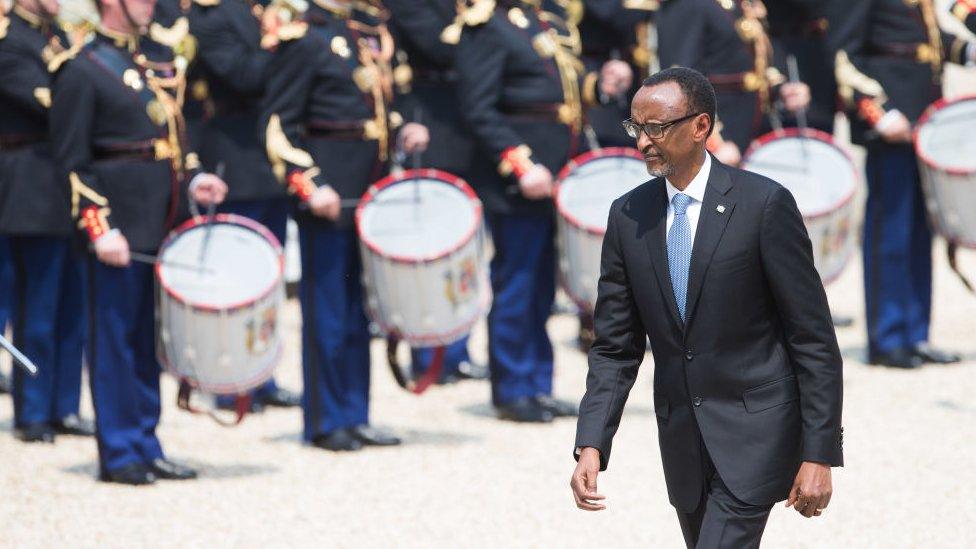
President Kagame has been hailed as an example of a leader who has managed to achieve economic development without being unencumbered by democracy
However, extending the control of the governing party, as in Rwanda, over a country's economy is more likely to increase corruption and waste than to spur economic activity, Mr Cheeseman says.
"What this means is that if other countries on the continent try to implement the Rwandan model, the chances are that they will experience all of its costs while realising few of its benefits," he adds.
Ghanaian democracy activist Nansata Yakubu says that despite setbacks in countries like DR Congo, the work of defending democracy should not stop with elections.
"We have to improve the voting system and continue engaging the public," she told the BBC.
The focus should be on giving more and more people a say over more and more issues, external - instead of comparing how each country's governance structure measures against Western democracies, says Steven Friedman, Professor of Political Studies in University of Johannesburg.
The good news is that support for democracy remains high, the worry is that this is not guaranteed unless Africans start enjoying the dividends of living in free and open societies, and participating in elections that are credible and accountable.
- Published2 February 2019
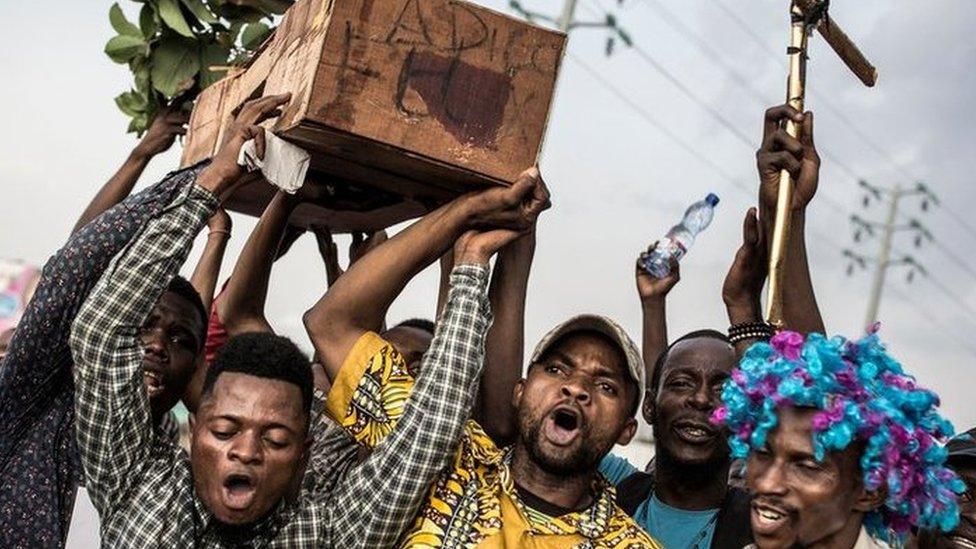
- Published3 September 2018
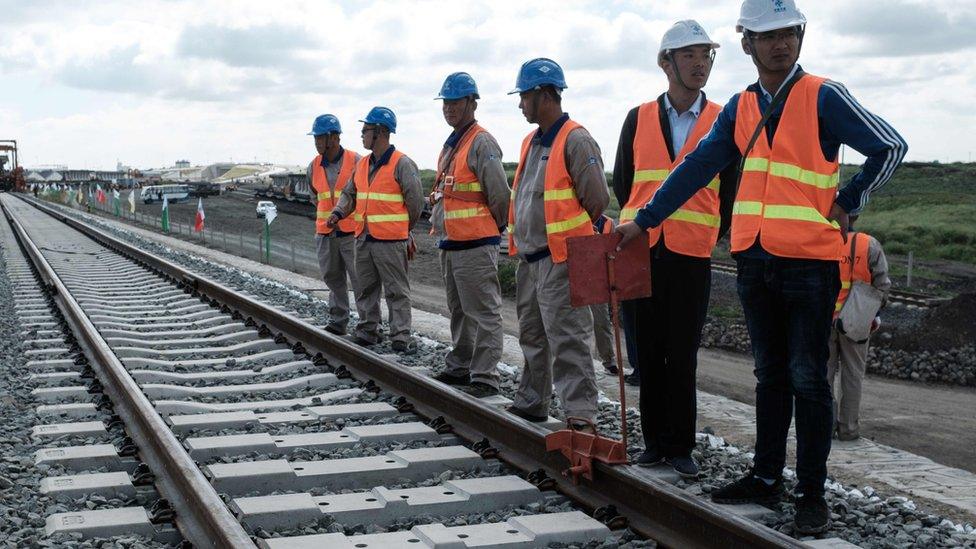
- Published10 January 2019
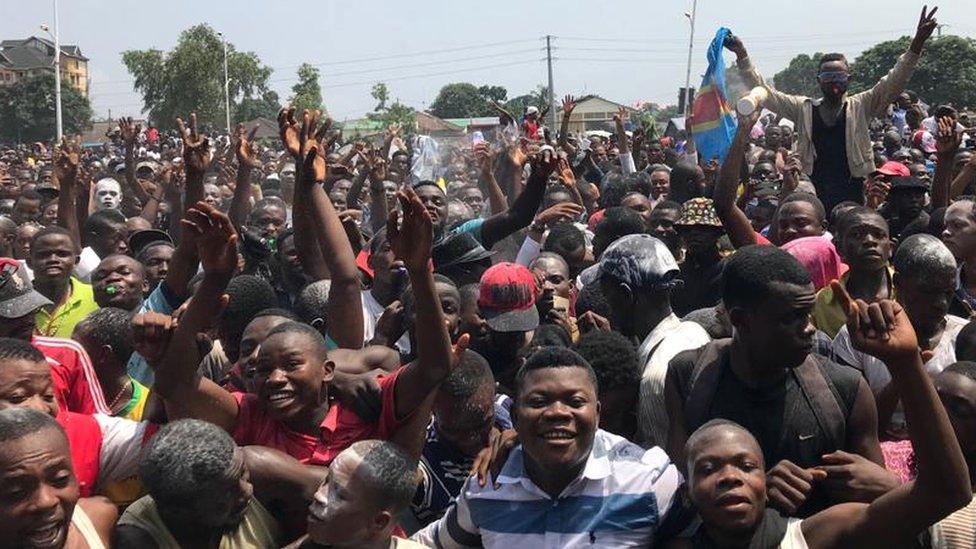
- Published21 March 2018
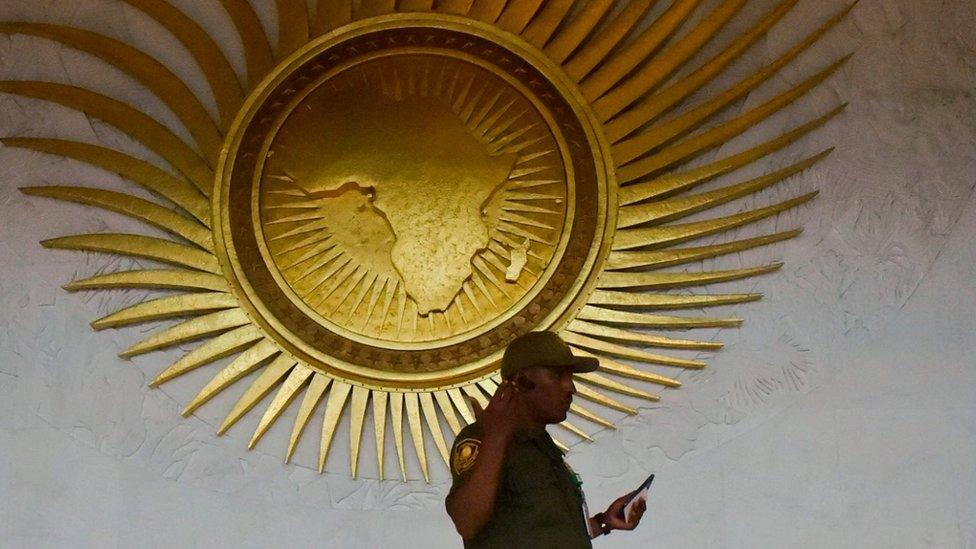
- Published26 November 2018
